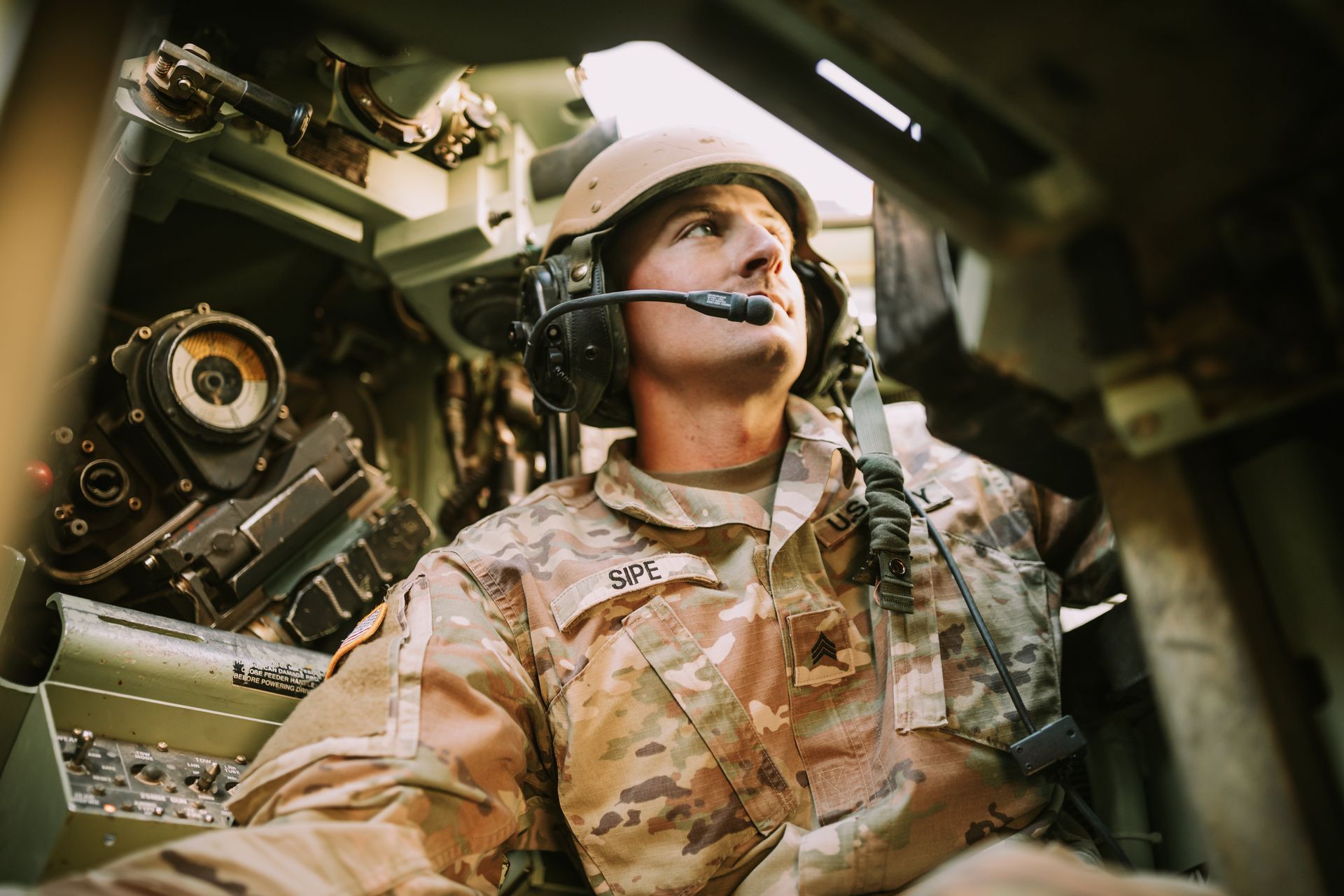Honoring Military Contributions to Technology on Veterans Day
As we honor our veterans, it’s also a time to recognize their role in technological advancements that impact every aspect of our lives.

On Veterans Day, we honor the service, sacrifices, and achievements of our veterans. One way to recognize their legacy is by exploring the technological advances that began with the military and have since shaped our modern world. From networking to cybersecurity, many of today’s essential technologies originated in the military.
The Foundation of the Internet
The internet, which we rely on for communication, work, and entertainment, has roots in military research. The U.S. Department of Defense’s Advanced Research Projects Agency (ARPA) developed the ARPANET in the 1960s as a way to connect computers across vast distances. This network laid the groundwork for the modern internet, pioneering the concept of packet-switching and resilient, decentralized networks that could survive failures or attacks.
GPS: Navigating Our World
GPS technology, initially created for military navigation, is another powerful contribution. Originally restricted to the military, GPS was opened for public use and is now essential in everyday life. We use it for driving, exploring new places, and coordinating everything from transportation logistics to scientific research.
Encryption and Cybersecurity
The military's need for secure communication also paved the way for modern encryption and cybersecurity. Today’s cybersecurity protocols, from encrypted messaging to secure browsing, were built on principles established in military research. The constant need for secure channels of communication has kept the military at the forefront of encryption technology, setting standards that are now essential to the internet.
Project Management and Software Development Processes
Many project management processes in tech are also rooted in military applications. The Program Evaluation and Review Technique (PERT), for example, was developed by the U.S. Navy to manage complex projects. Systems engineering, which helps organize and optimize complex software systems, has similar roots in military needs. These methodologies ensure that large-scale projects can be completed efficiently and effectively, helping drive innovation in civilian and commercial tech.
Advancements in Computing and AI
Some of the earliest computers were designed for military purposes, such as the ENIAC, built to calculate artillery firing tables. Today, high-performance computing and artificial intelligence (AI) continue to evolve with support from military research, influencing fields as diverse as healthcare, transportation, and education.
As we honor our veterans, it’s also a time to recognize their role in technological advancements that impact every aspect of our lives. Their legacy extends beyond service to direct contributions to the tech we use daily, shaping the digital age and inspiring continued innovation.










